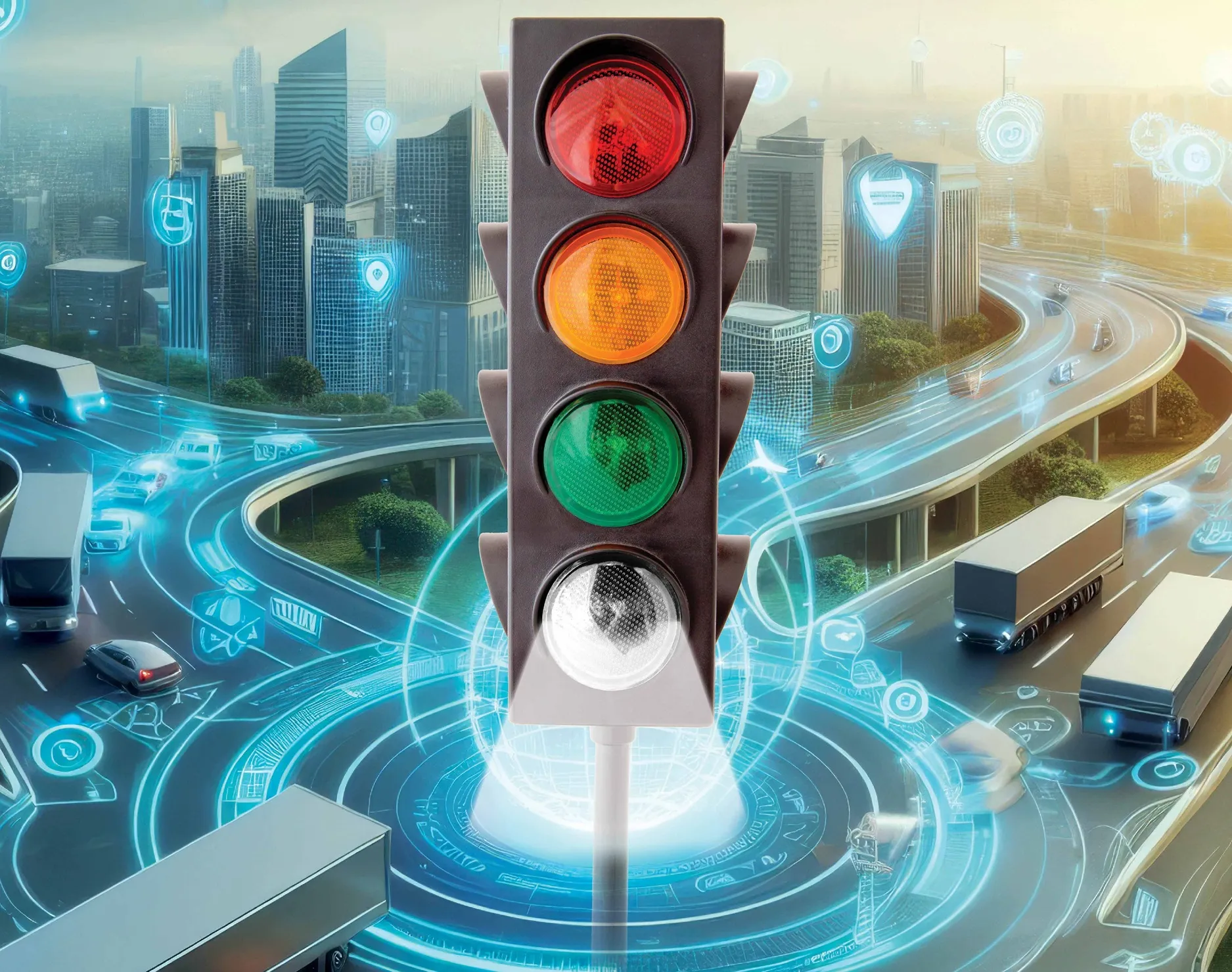Google has begun discussions with most of the world's top automakers and has assembled a team of traditional and non-traditional suppliers to speed up efforts to bring self-driving cars to market by 2020, a top Google executive has said.
Those manufacturers are said to include General Motors, Ford Motor, Toyota, Daimler and Volkswagen.
"We'd be remiss not to talk to ... the biggest auto manufacturers. They've got a lot to offer," Chris Urmson, director of Google's self-driving car project, said in an
January 15, 2015
Read time: 2 mins
Those manufacturers are said to include
"We'd be remiss not to talk to ... the biggest auto manufacturers. They've got a lot to offer," Chris Urmson, director of Google's self-driving car project, said in an interview before speaking at an industry conference.
Google has not determined whether it will build its own self-driving vehicles or function more as a provider of systems and software to established vehicle manufacturers. Google's self-driving prototype cars, he said, were built in Detroit by engineering and specialty manufacturing company Roush.
Google shortly will begin deploying a test fleet of fully functioning prototypes of its pod-like self-driving car, which dispenses with such familiar automotive parts as steering wheel, brakes and accelerator pedal. While each of the Google prototypes will have a ‘test driver’ on board, the cars have no provision for human intervention in steering or braking.
Urmson said self-driving cars represent a ‘transformative’ moment in the evolution of transportation, an opportunity to extend motoring to blind, elderly and disabled persons who otherwise could not drive. "You're really changing the relationship you have with transportation. You're changing what it means to get around."









